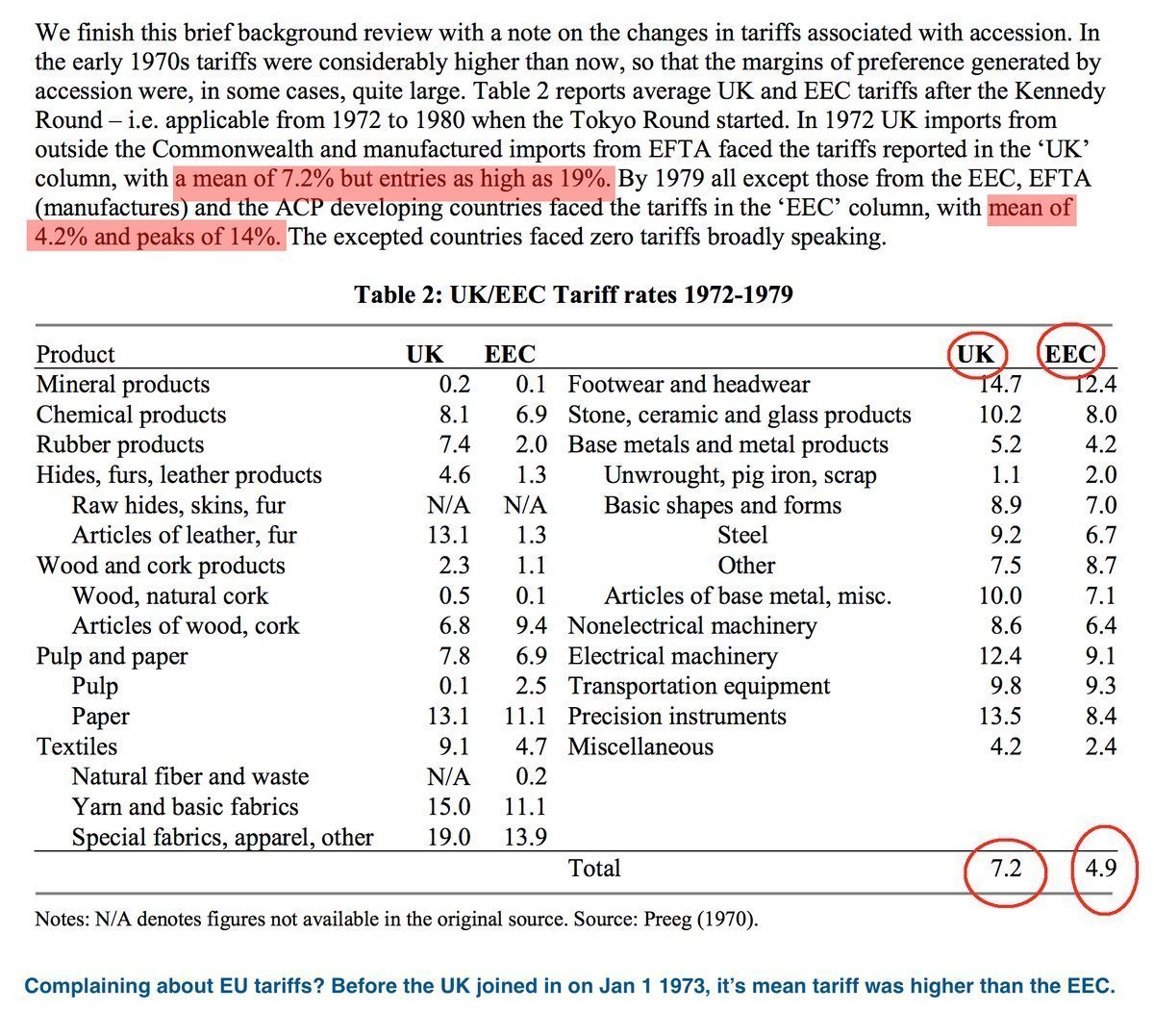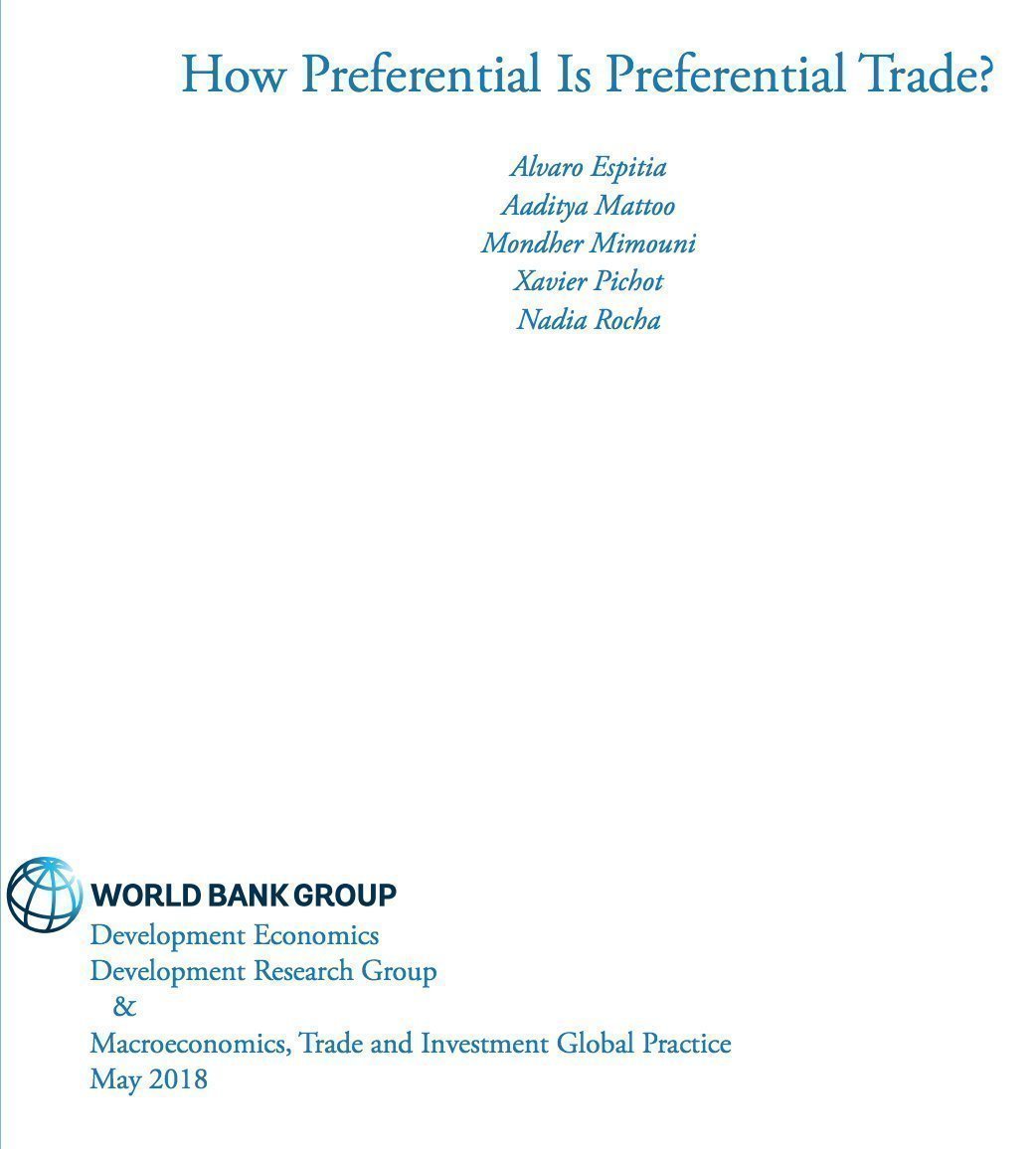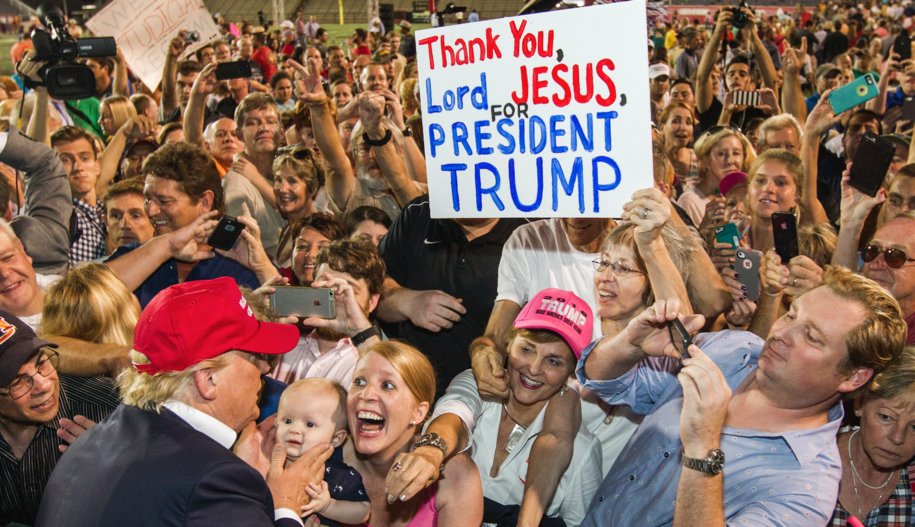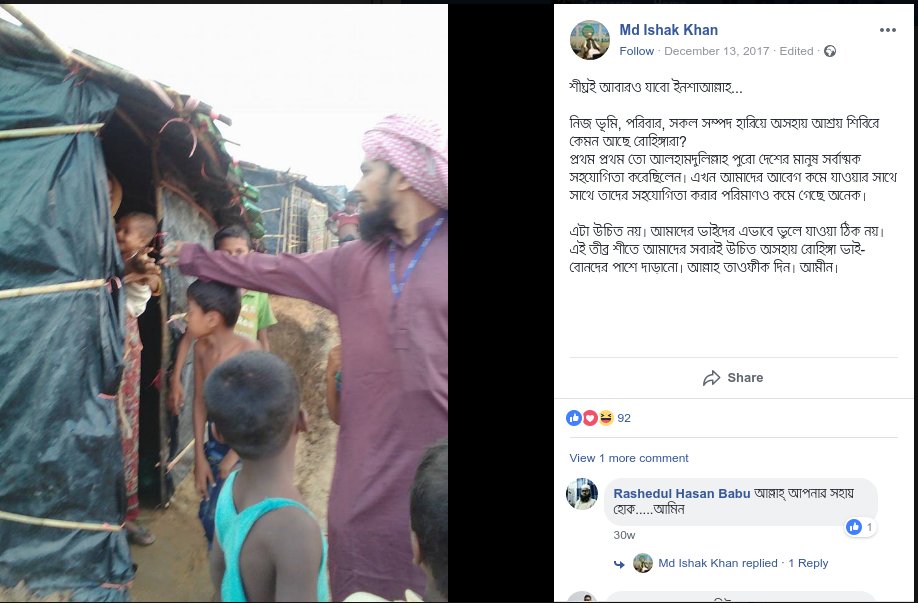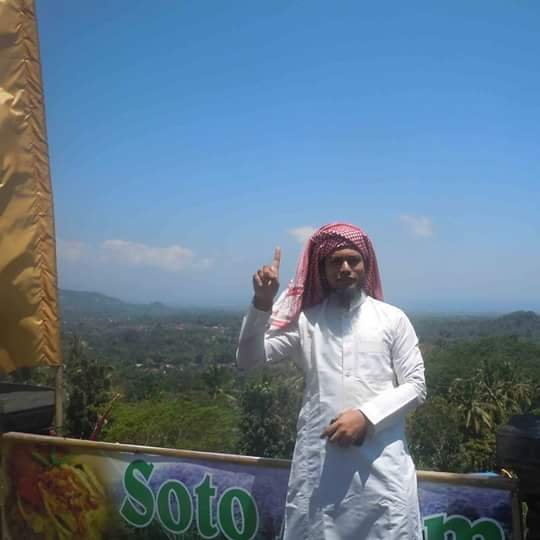So that's why GSP was suggested by UNCTAD. It allowed a general exception for developing countries ...
Now the next bit is VERY important.
In the original Treatythe colonies of the founding 6 nations were granted associated membership of the EEC with tariff, free quota free access EU markets.
At the time the UK had a preference itself which flouted the GATT rules whereby bananas were tariff free from the Caribbean. Here's a discussion in Hansard.
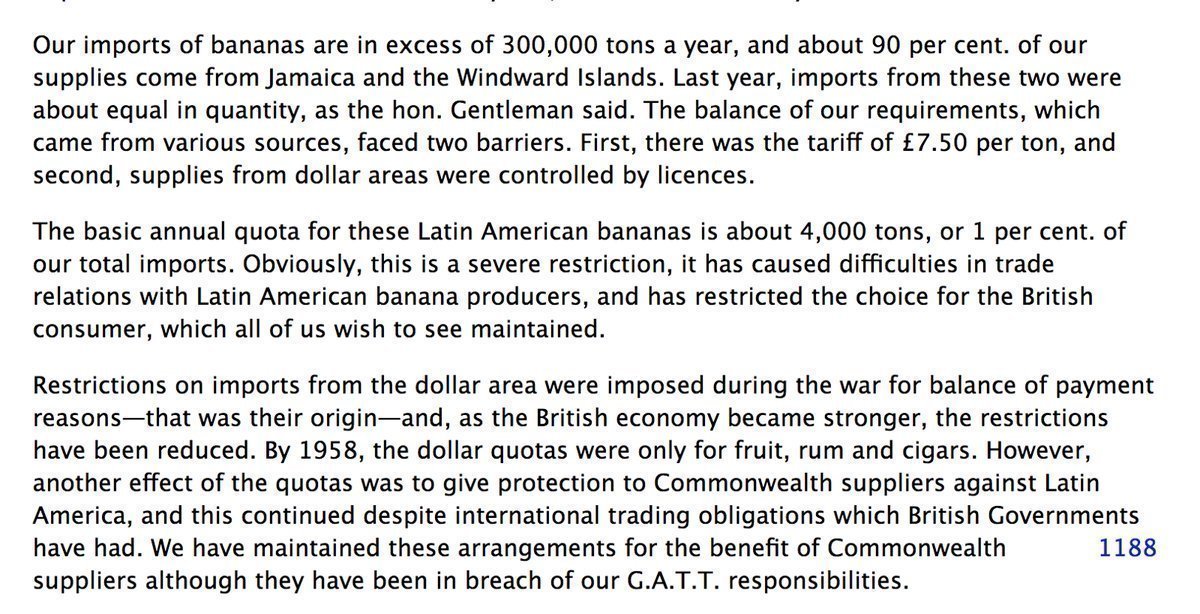
When the UK joined the EEC they wanted to maintain this situation
Link: api.parliament.uk/historic-hansa…
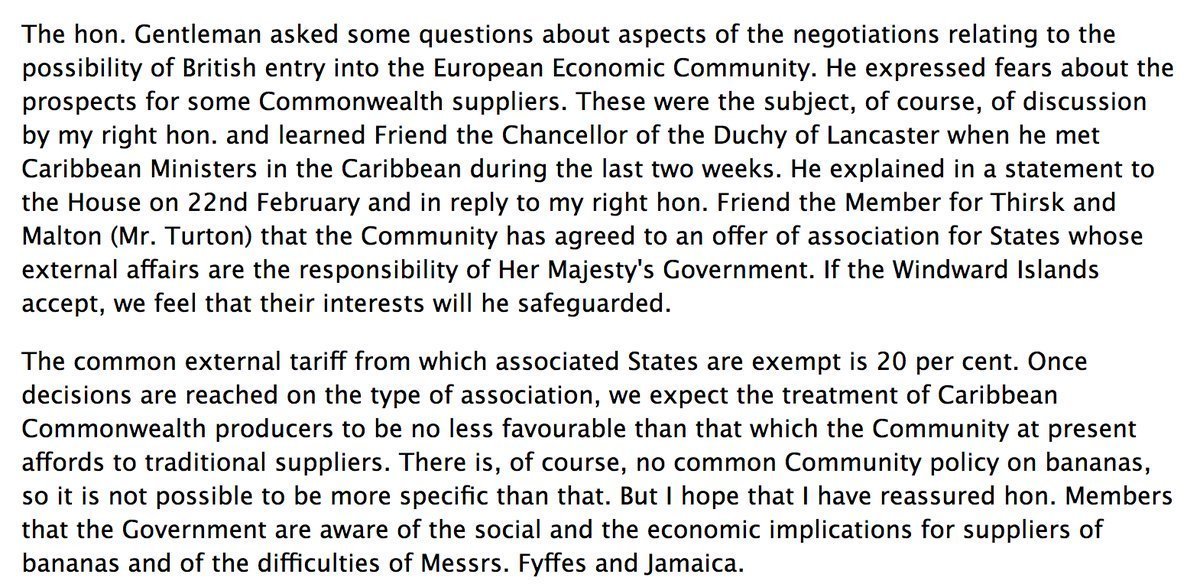
The countries were initially given association membership like the colonies of the original 6.
Then in 1975 the situation was formalised in the Lomé Convention.
aei.pitt.edu/7561/1/3173505…
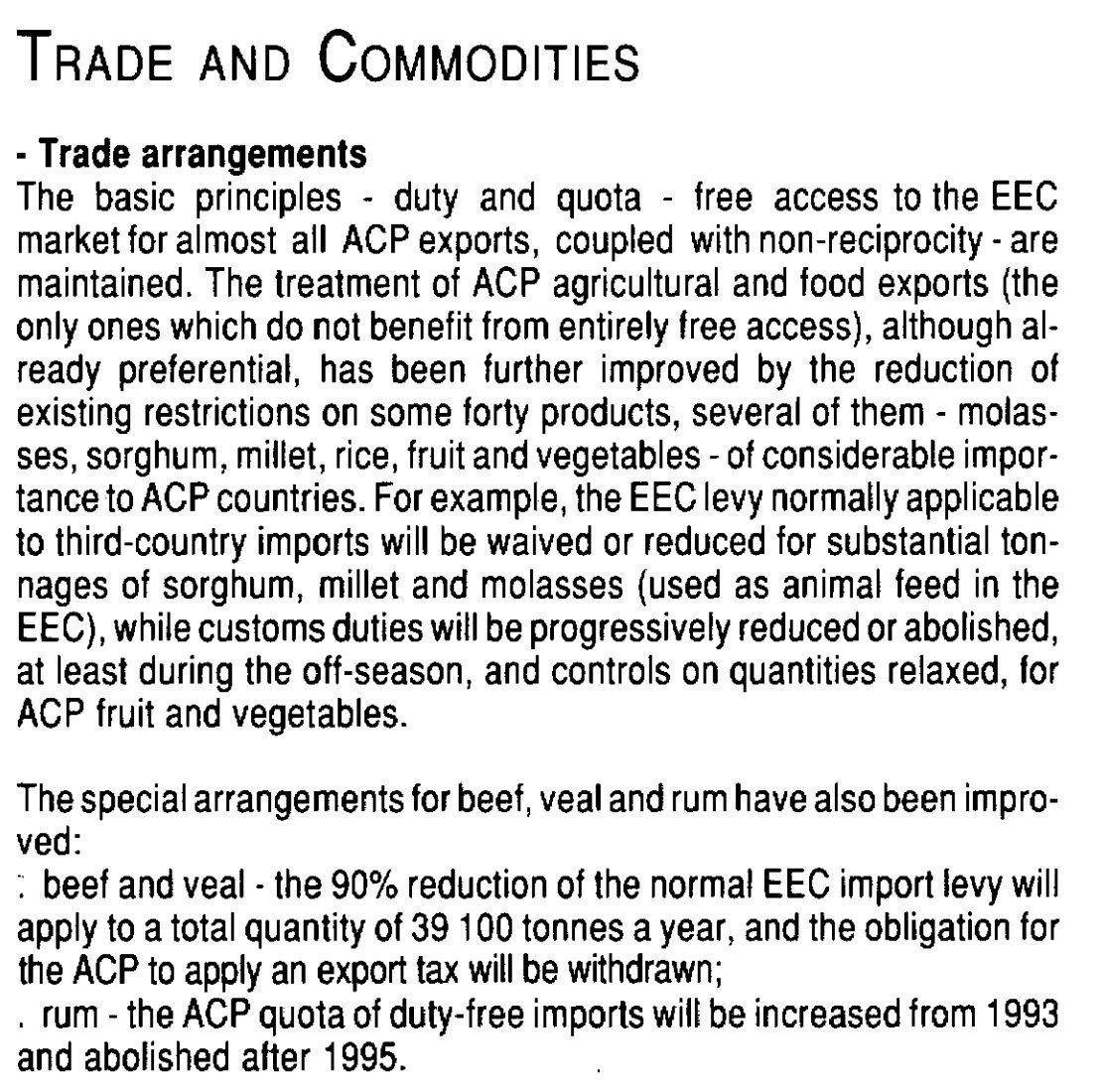
However it was not to last. acp.int
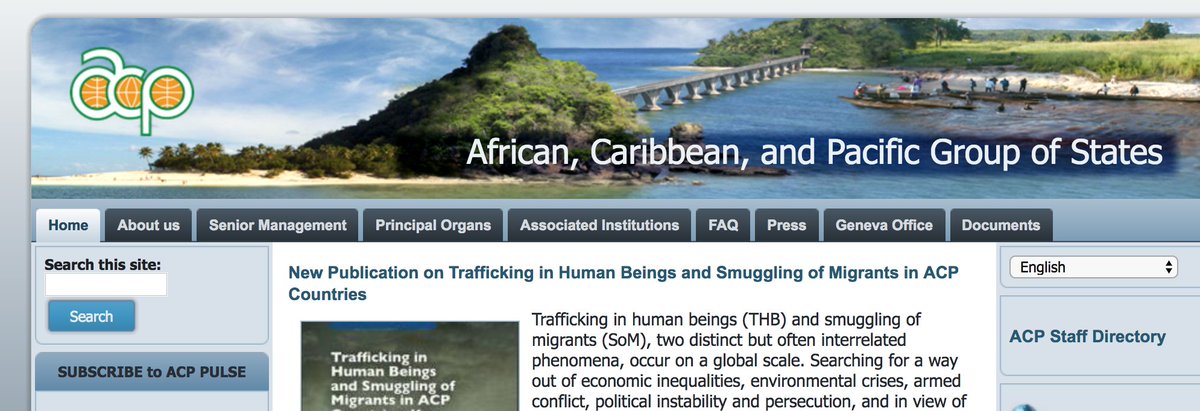
The others being ones where US companies like Dole, Del Monte and Chiquita had large plantations.
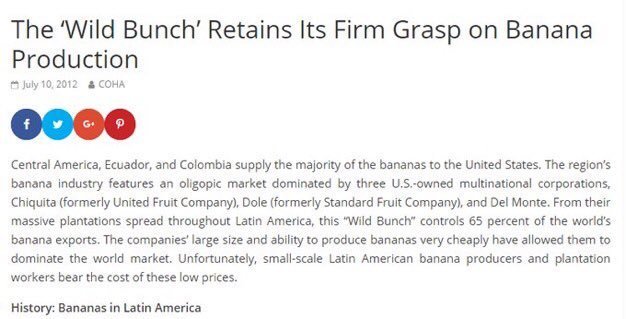
So now we're up to date.
ec.europa.eu/europeaid/regi…
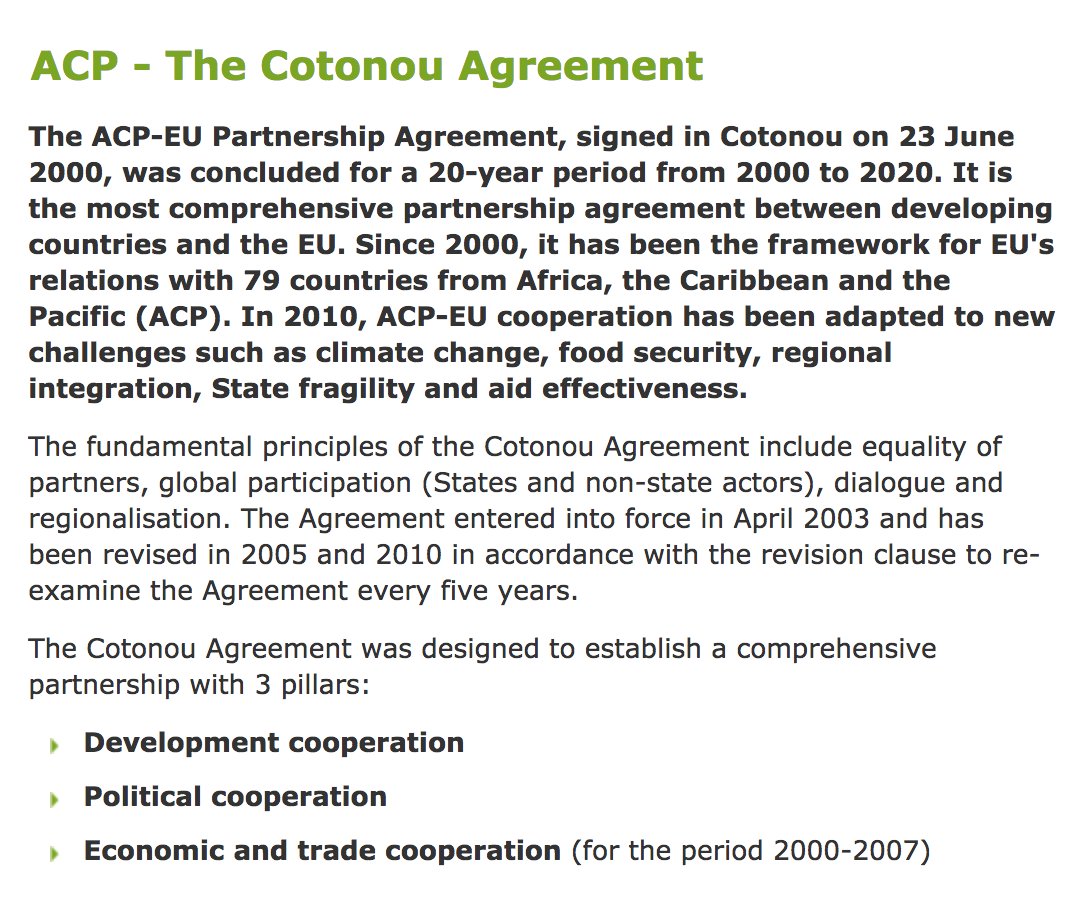
Most ACP countries signed EPAs during this period.
trade.ec.europa.eu/doclib/docs/20…
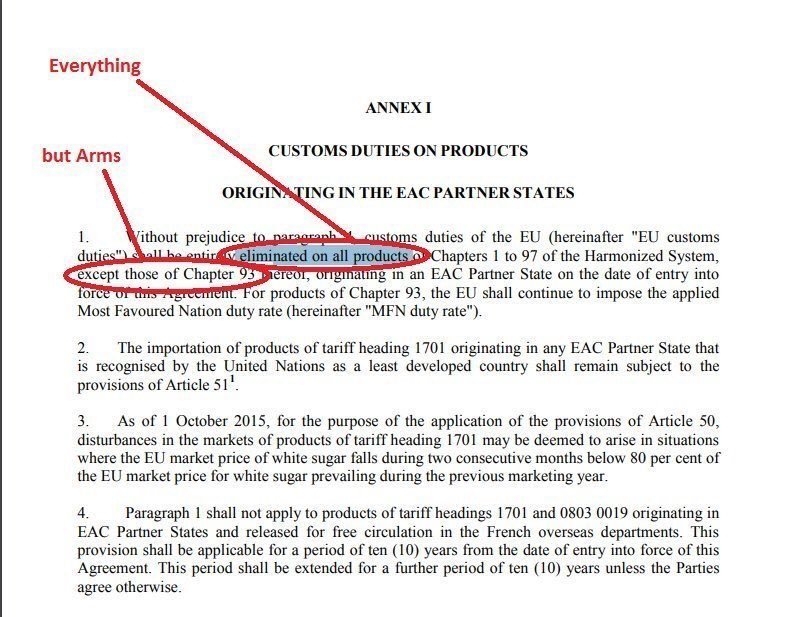
Nigeria is an ACP country and received the benefits of tariff free access under Lomé.
But before that in 1966 they applied for associate membership of the EEC.
cia.gov/library/readin…
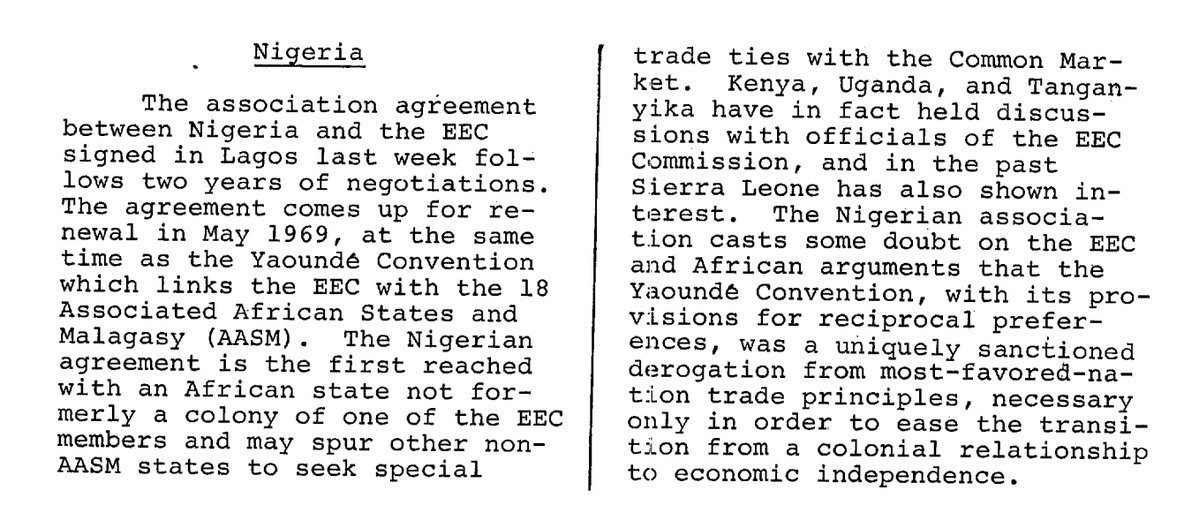
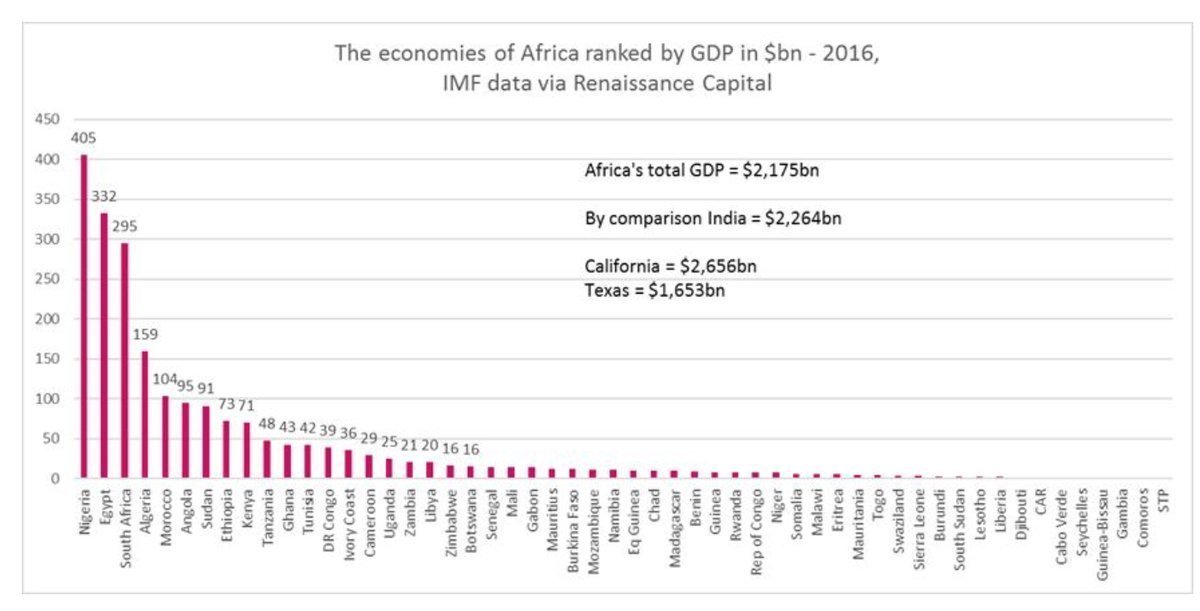
But they have not done so. The agreement is there waiting for the Nigerian Presidents's signature, but he has not yet signed. edition.cnn.com/2018/04/06/afr…
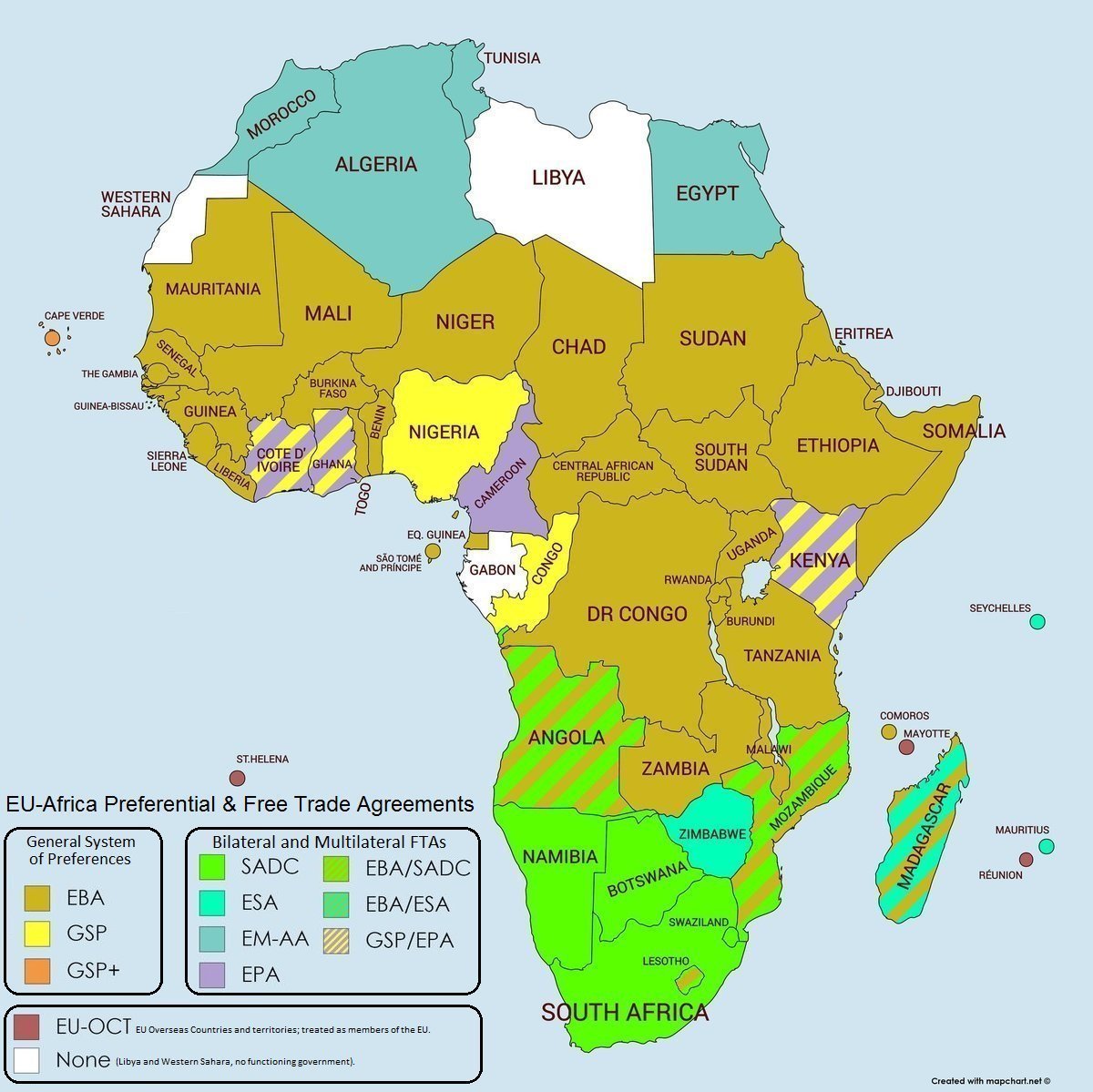
The table below shows you the benefits of EBA and standard GSP, GSP+ and EPAs.
Link: trade.ec.europa.eu/doclib/docs/20…
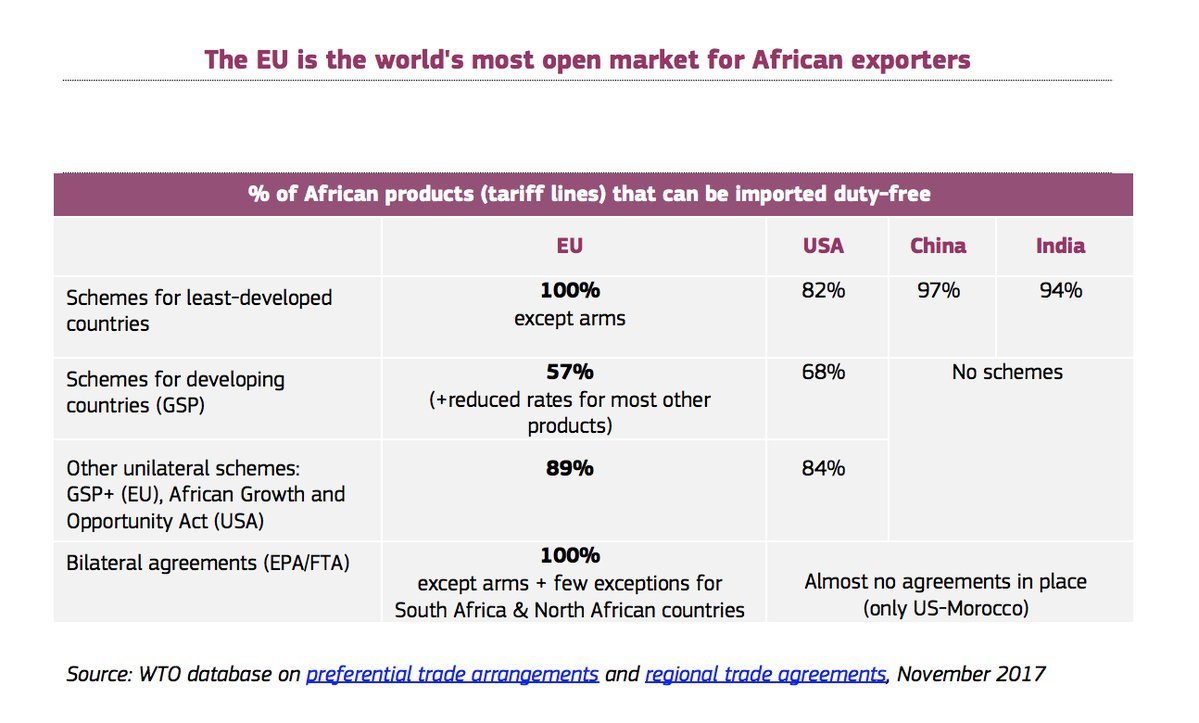
un.org/en/development…
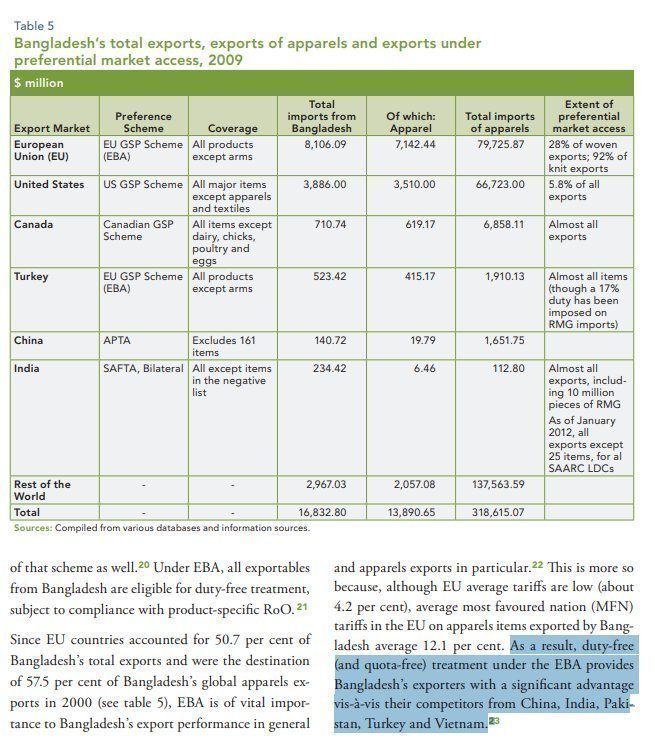
Most developing countries are 0% trough non-reciprocal EBA or a reciprocal EPA. Those that aren't are on a GSP greatly reducing tariffs and in Nigeria's case it could be on 0% tomorrow if the President singed.
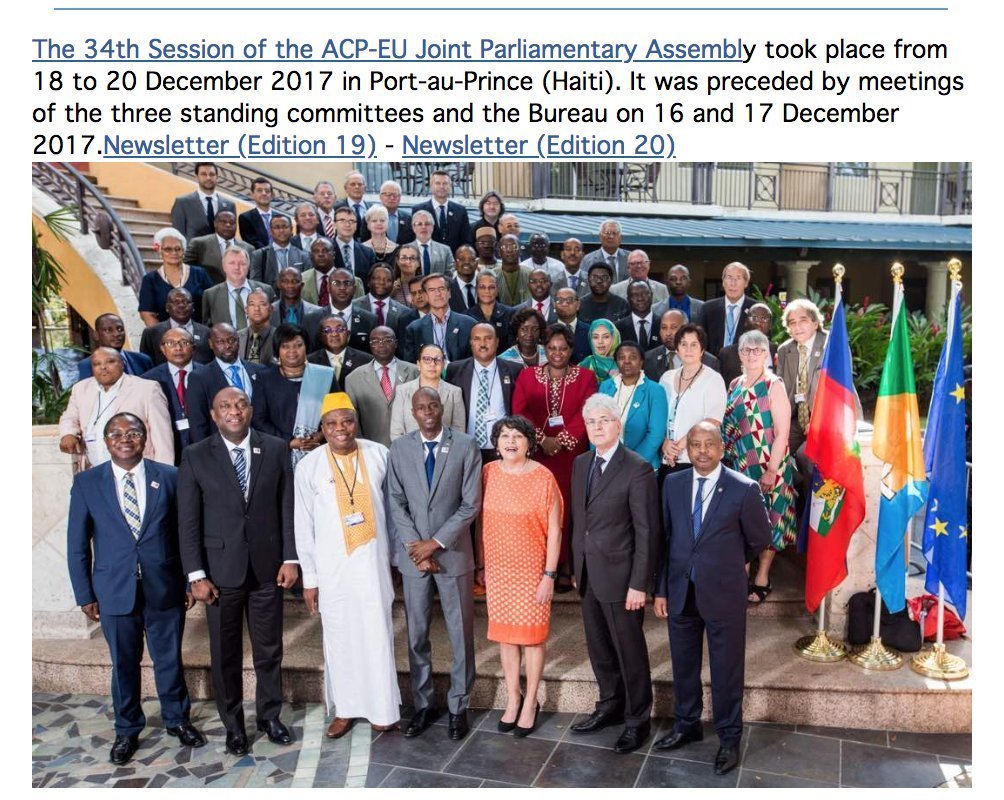
I could also show you how the EU's GSP/EBA compared to the USA's GSP/AGOA. The USA has acted rather unfairly in its relationship with developing countries.

